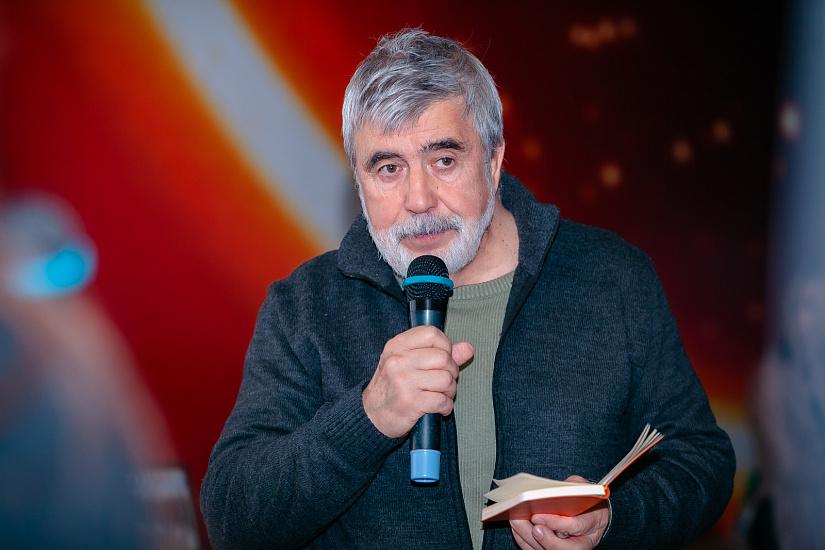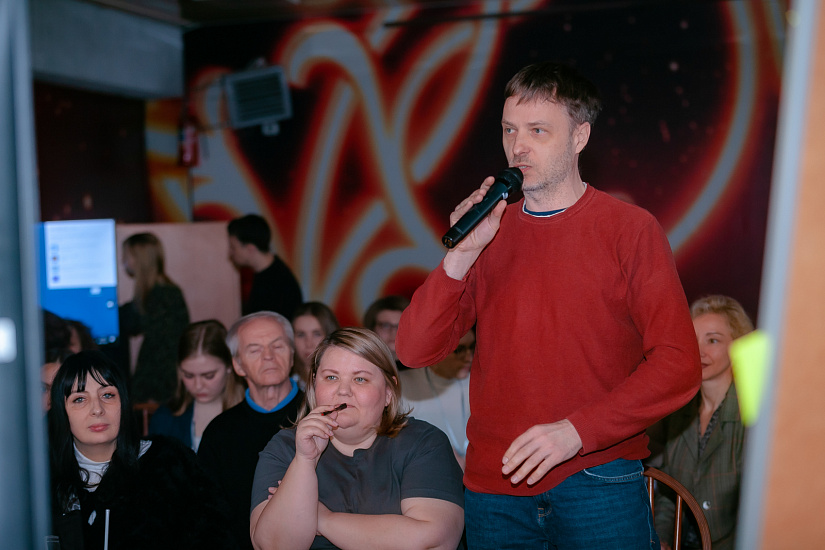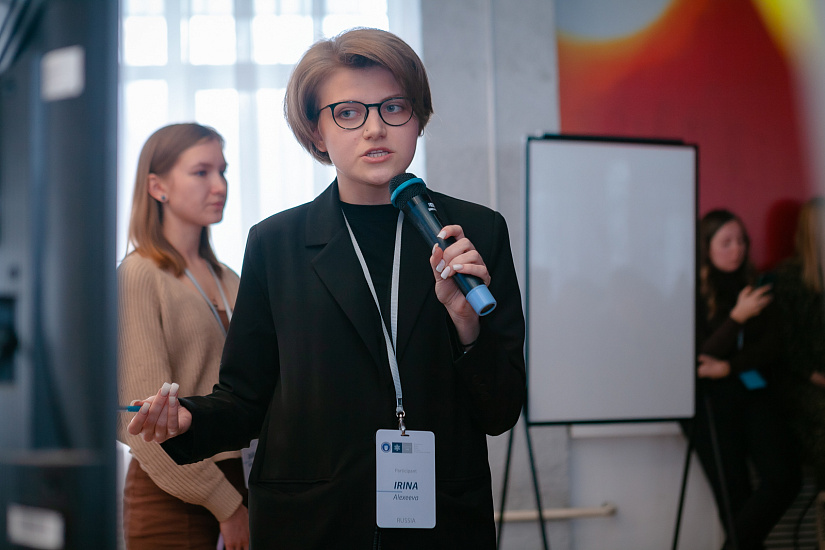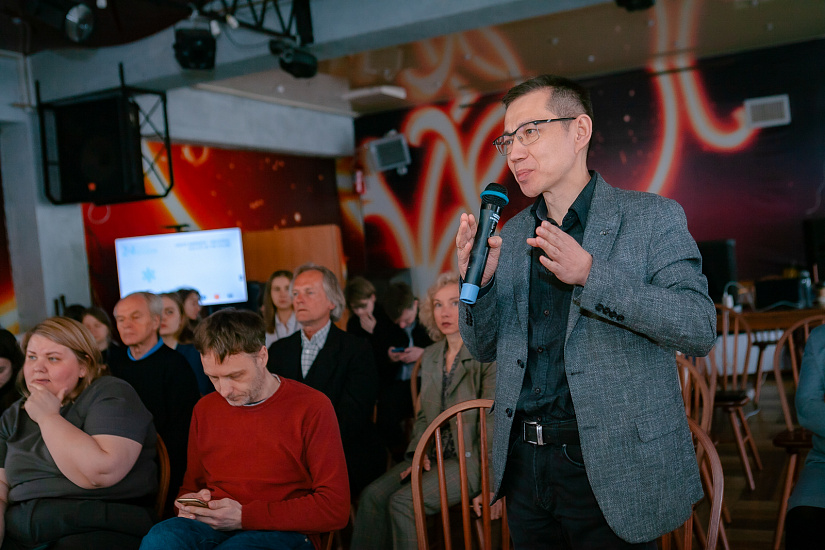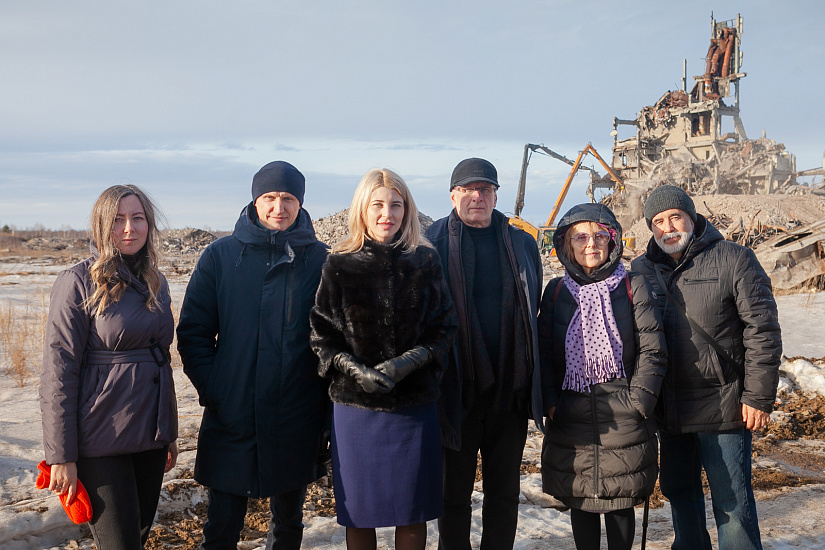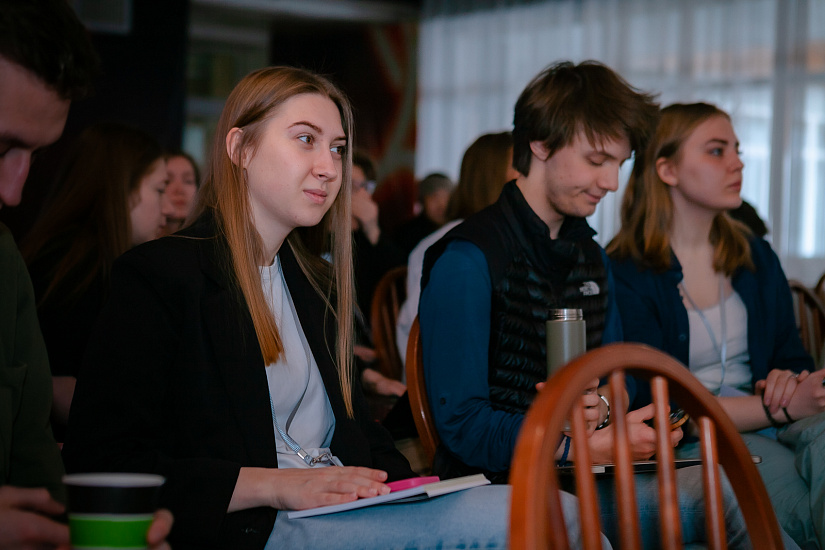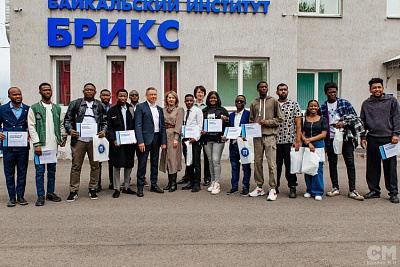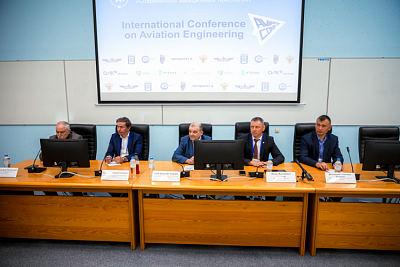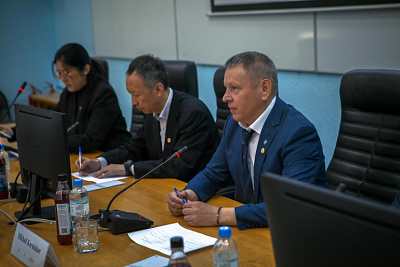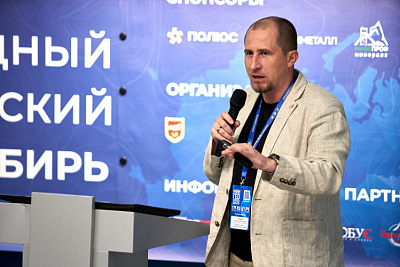Participants of Winter Uni 2023 suggest creating a museum of Trans-Siberian railway and making salt the brand of Usolye-Sibirskoye
The participants of Baikal Winter Urban Planning University presented the first ideas for the improvement of Usolye-Sibirskoye. The authors propose to create a museum of Trans-Siberian railway, to make salt a local brand and to renew the housing stock. The project defense was held in Usolye-Sibirskoye on March 4.
The 24th session of Winter Uni 2023 is devoted to the theme "Usolye-Sibirskoye is an industrial ecocity of the future". Students and young specialists fr om Russia, India, Moldova and Syria were divided into five teams.
Melh team is looking for new opportunities to renovate the administrative center of the city. This area includes the city administration, the market, and the tram park.
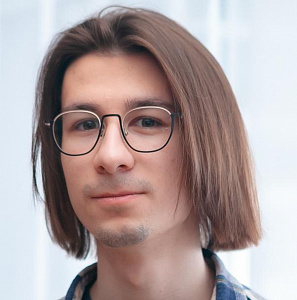
According to Dmitry Sluchik, a future architect-restorer from INRTU, the Usolye economy was based on the industrial cluster during the Soviet period. The bankruptcy of the city-forming enterprise Usoliekhimprom resulted in unemployment and population outflow. It is necessary to stop outflow of the population for the revival of the city.
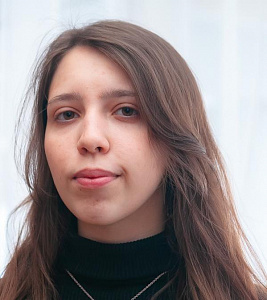
As for Yaroslava Zenova, a student from Kazan, new points of growth can retain residents of Usolye-Sibirskoye. One of them is turning salt, which has been mined here for over 300 years, into an authentic brand. This involves the creation of therapeutic and recreational locations, including those that use balneology. It is also proposed to build a touristic route that would include a visit to Varnichny Island on the Angara River. The natural object is famous for salt springs that were discovered there in the XVII century. A cooling tower, a cylindrical structure with walls made of concrete, needles and birch twigs, is being built on Varnichny Island since 2020. It is expected that salt well water will flow into the cooling tower and create a microclimate similar to marine one.
Moreover, according to Melh, the expansion of the tram network and the opening of the tram museum will help to update the urban environment. This idea was suggested by employees of streetcar shed, who are already running tours of the facility.
The group, exploring the problems of the industrial cluster, includes three full-time designers: Shuna Sharduli, a teacher at the School of Architecture in Pune (India), Evgeniya Nikitina, a student from Kazan, and Darya Turchak, a student from Samara. They believe that it is necessary to integrate the former industrial cluster into the urban environment and start building houses and public spaces in the industrial area.
Experts believe that the team of Kirzavod prepared the most detailed urban analysis. The authors studied the territory of the enterprise, which had been producing bricks since the 1930s. The factory, located in the center of the city, closed in 2015. Next to the ruins of the factory are old houses. A survey showed that local residents dream of comfortable new housing. The team insists on building low-rise residential buildings, recreational areas, and an environmental innovation cluster. The project involves the construction of a recreational area in the valley of the Skipidarka River, which flows into the Angara River.Kirzavod team prepared the most detailed urban analysis. The authors studied the territory of the enterprise, which had been producing bricks since the 1930s. The factory, situated in the center of the city, closed in 2015. Old houses are located next to the factory ruins. A survey showed that local people dream of comfortable new housing. The team insists on the construction of low-rise residential buildings, recreational areas, and an ecological innovation cluster. The project implies construction of a recreational area in the valley of the Skipidarka River which flows into the Angara River.

INRTU student Anastasia Amosova from Usolye-Sibirskoye is one of the members of Kirzavod team. Anastasia's father worked for many years in a brick factory. She considers participation in the project important because it gives her an opportunity to contribute to the revival of her home town.
Another team studied the problems of the station area and proposed the idea of transforming an old building into a museum of Trans-Siberian railway. The cultural object with information signs and a souvenir shop could become a tourist attraction. The second part of the concept of improving the area is related to the separation of traffic flow to make all routes equally comfortable for visitors and residents of nearby homes.
An unusual approach to planning was shown by team No.5 which analysed of the historical center of Usolye-Sibirskoye. The participants presented three scenarios aimed at the development of urban community, business and resort area. It invovles construction of cafes and galleries, eco-school, souvenir shops, formation of historical and ecological routes, etc.
Evgeniya Smirnova, Chief Architect of Usolye-Sibirskoye, an INRTU graduate, conducted a tour for the workshop experts. The guests visited the former site of "Usoliekhimprom", wh ere chlorine and caustic soda were produced during the Soviet period. Four years ago the industrial zone was recognized as an ecological disaster area. The federal environmental operator ("Rosatom") is taking measures to eliminate accumulated damage. There are about 360 objects on the territory. The buildings and workshops are being dismantled, the concrete and brick debris are being recycled for further conservation. It is planned to build the Federal Chemical Center and Ecotechnopark in the next two years here.

According to Elena Grigorieva, Vice President of the Union of Architects of the Russian Federation, the participants of Winter UNI 2023 are talented authors with a good professional background. The expert recommends project teams to focus on the needs of specialists who will appear in Usolye-Sibirskoye after the construction of the Federal Chemical Center.
The workshop participants will have to create detailed urban development concepts in the next few days. The final presentation will be held on March 11 at INRTU.
